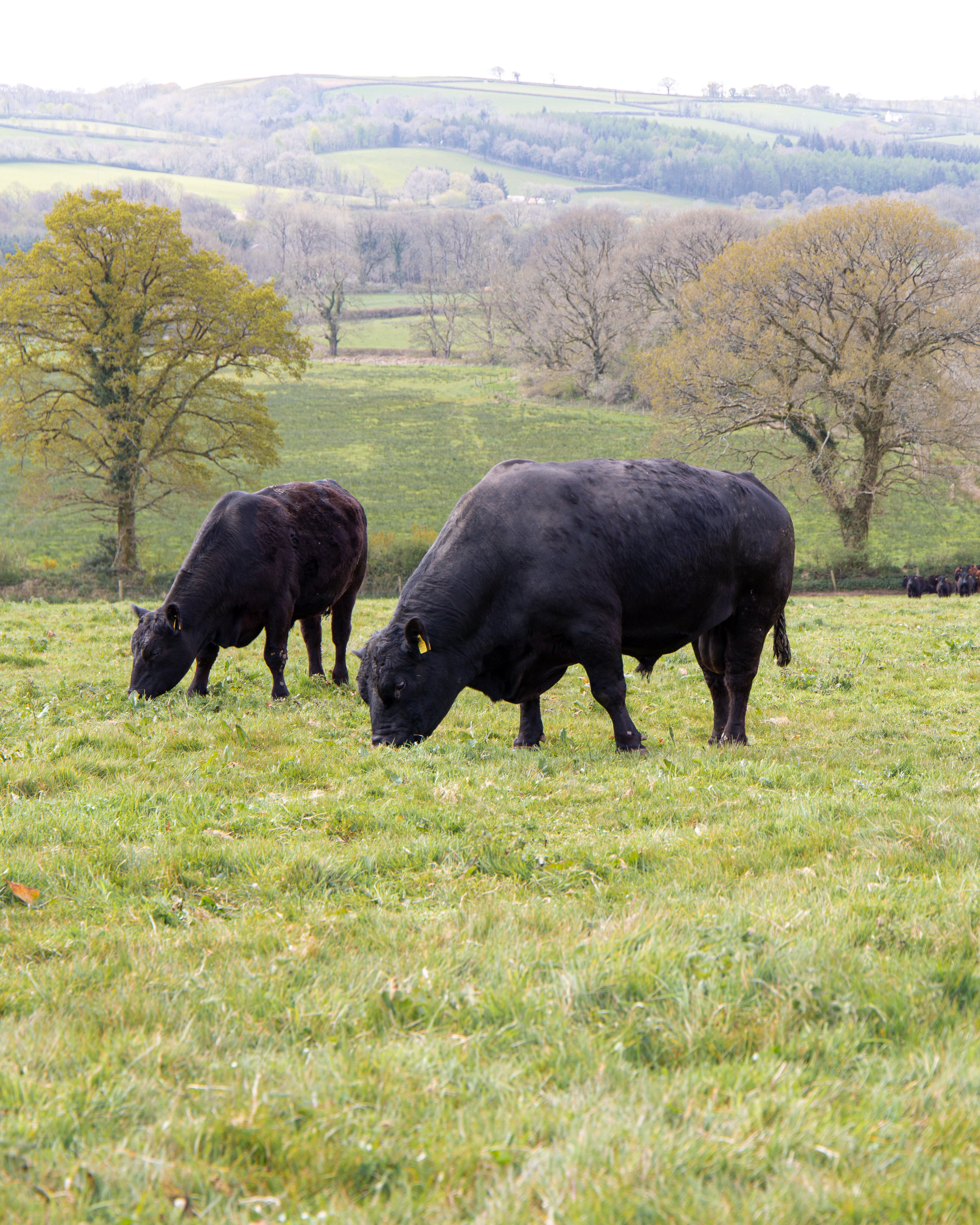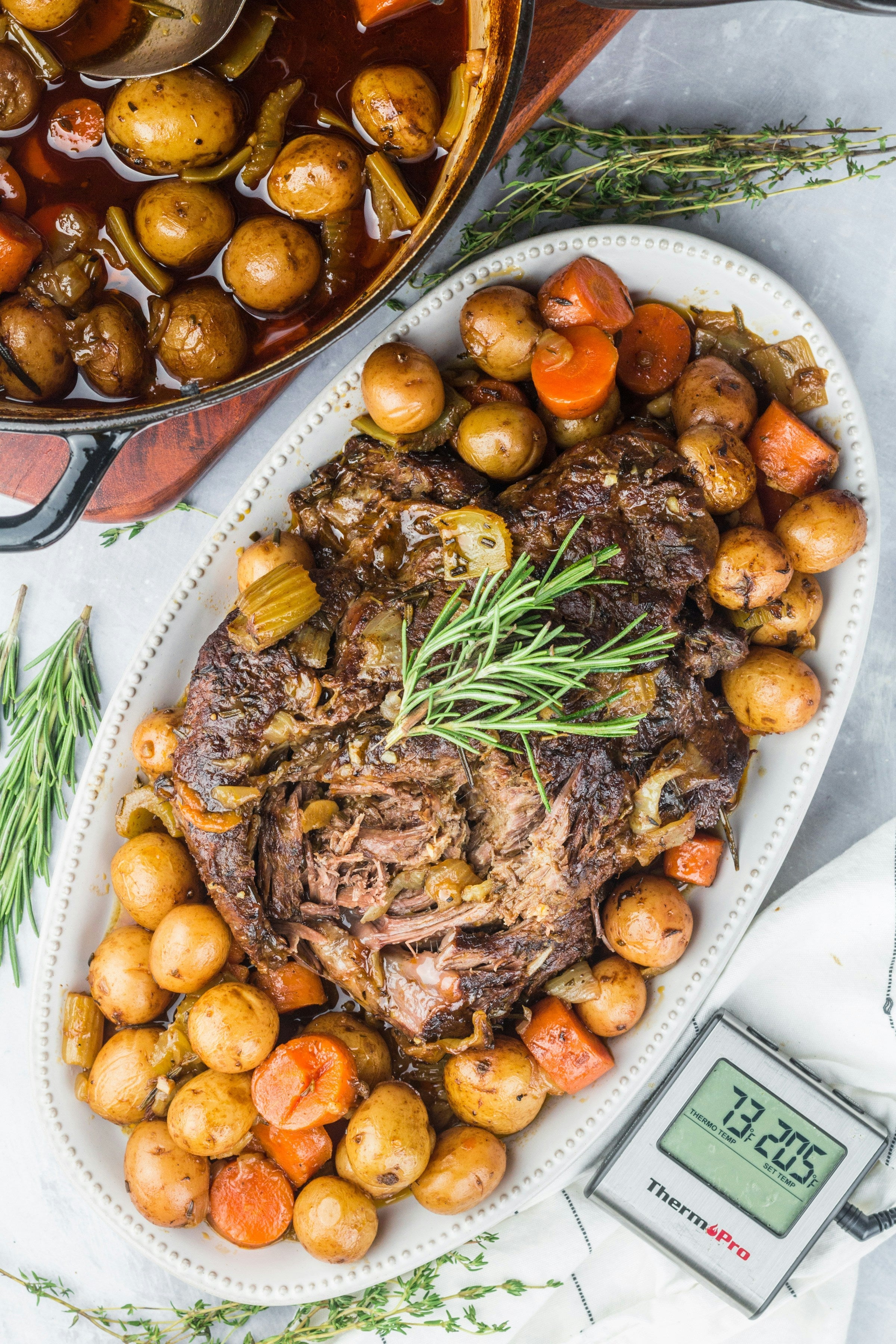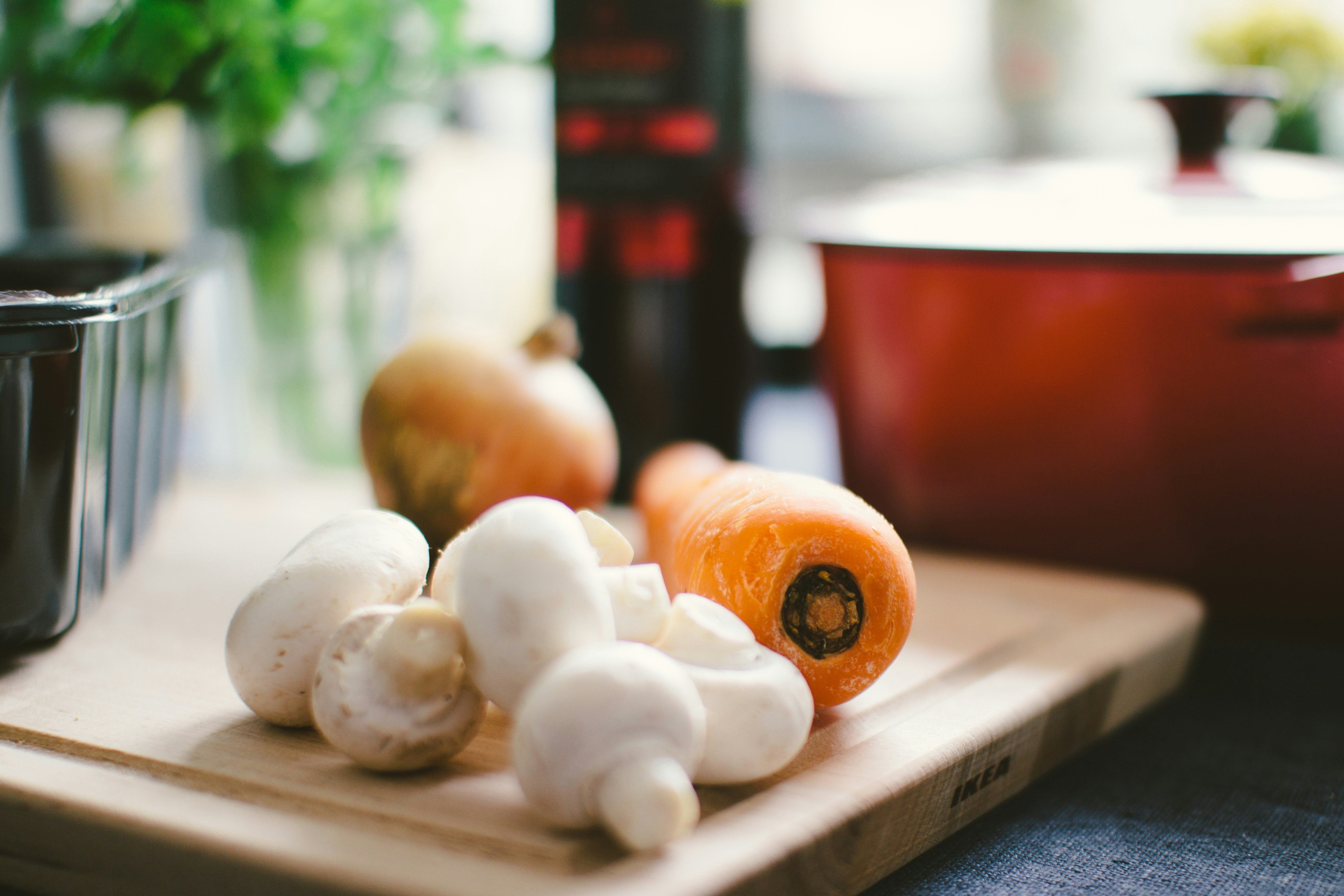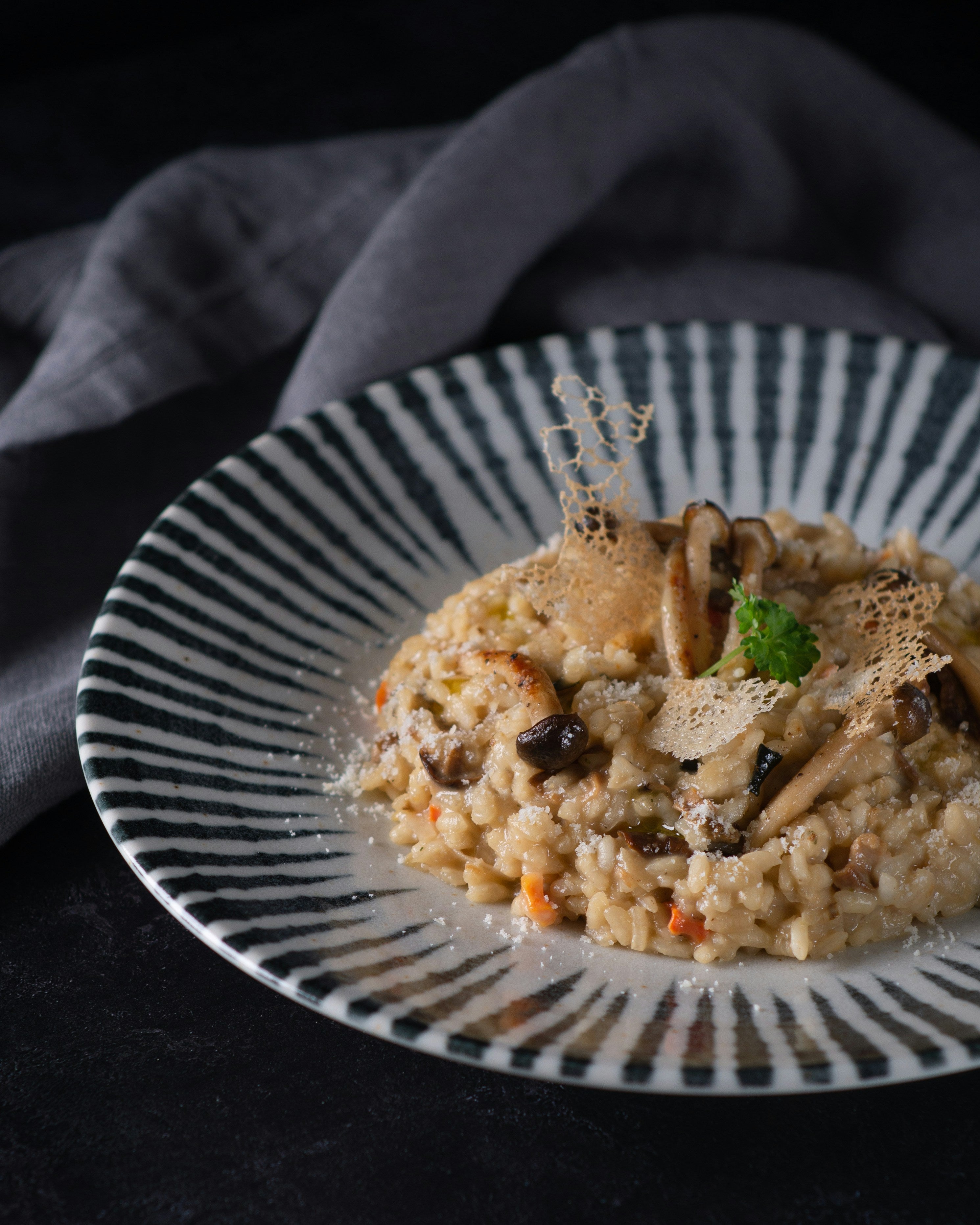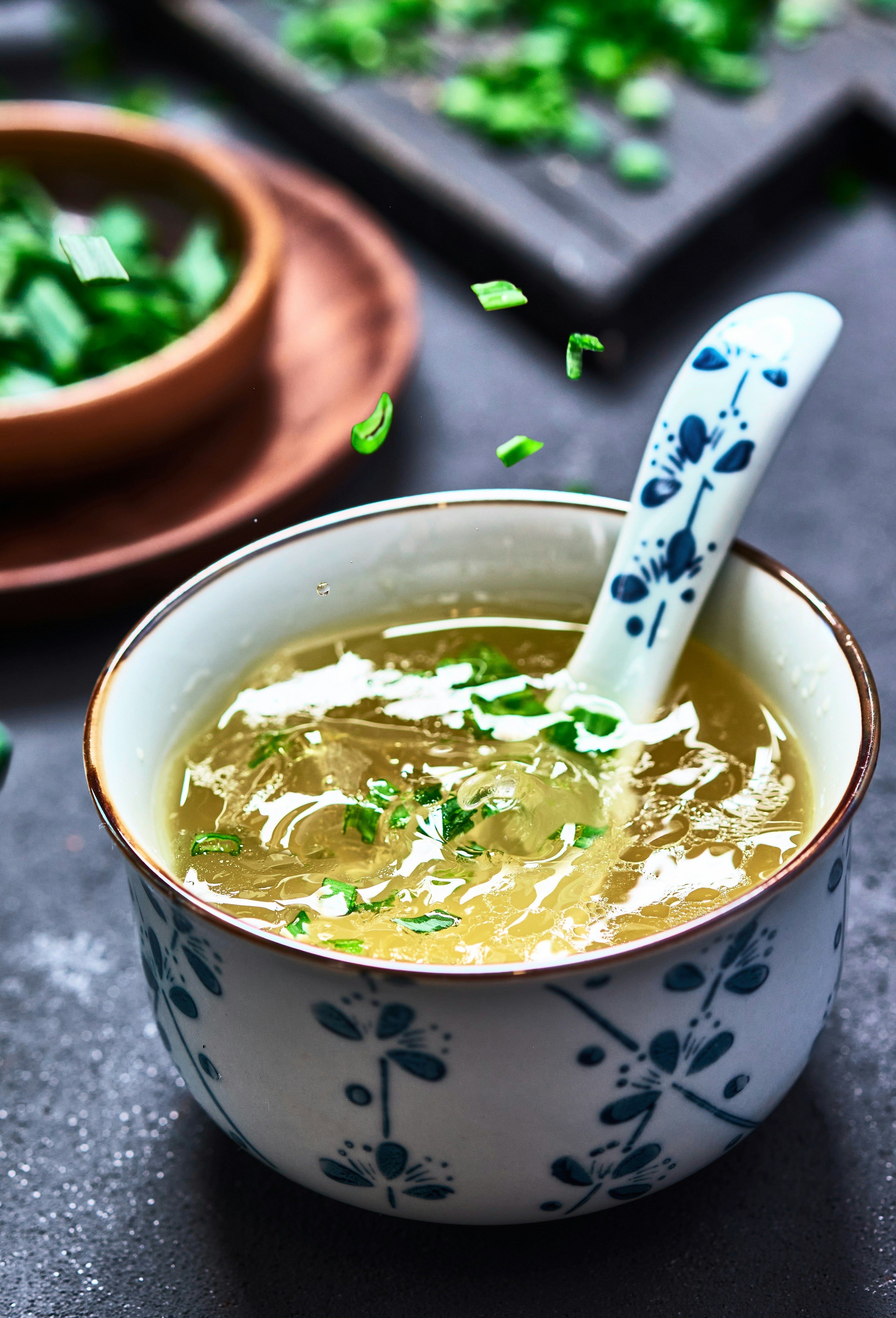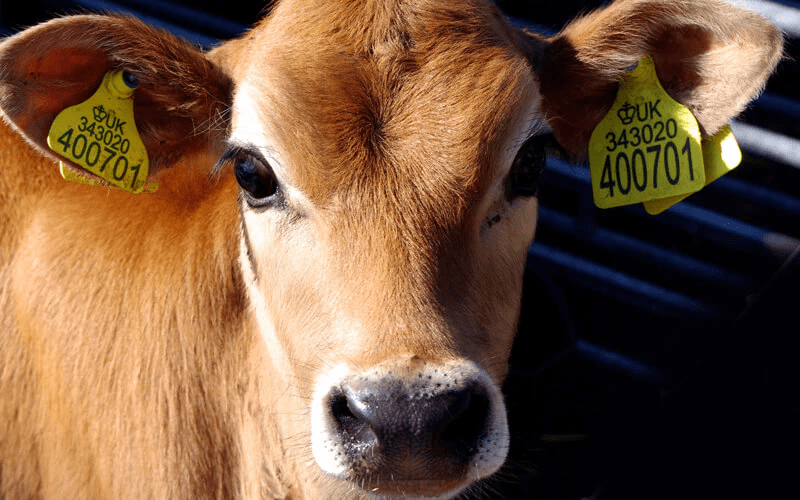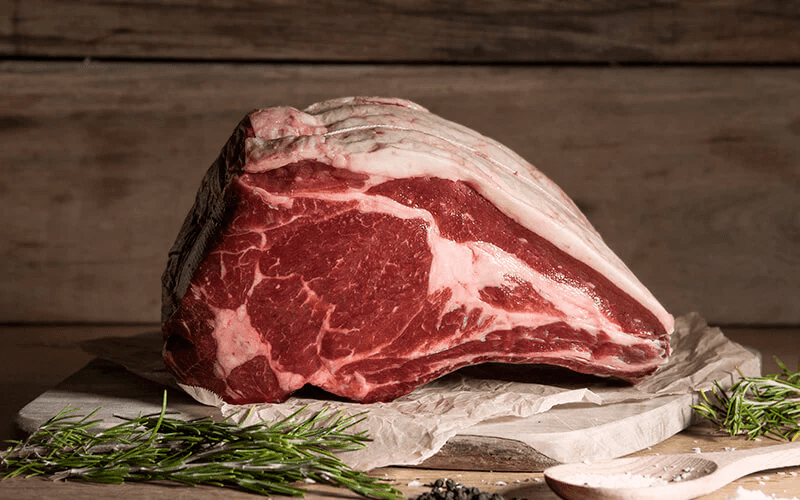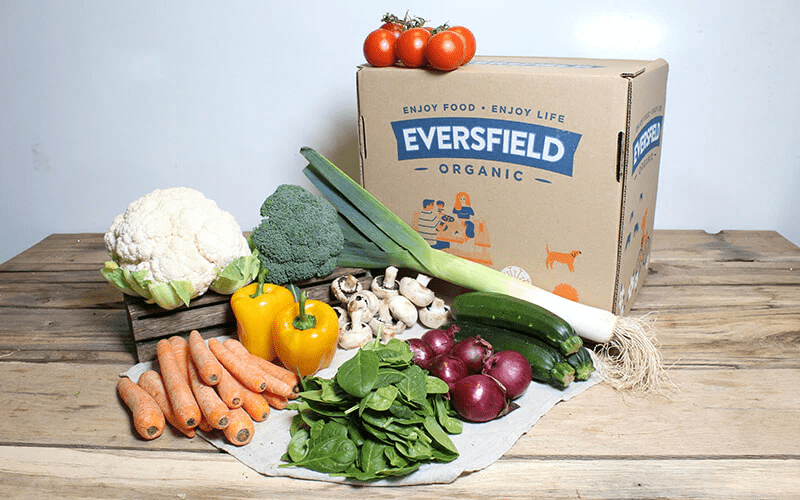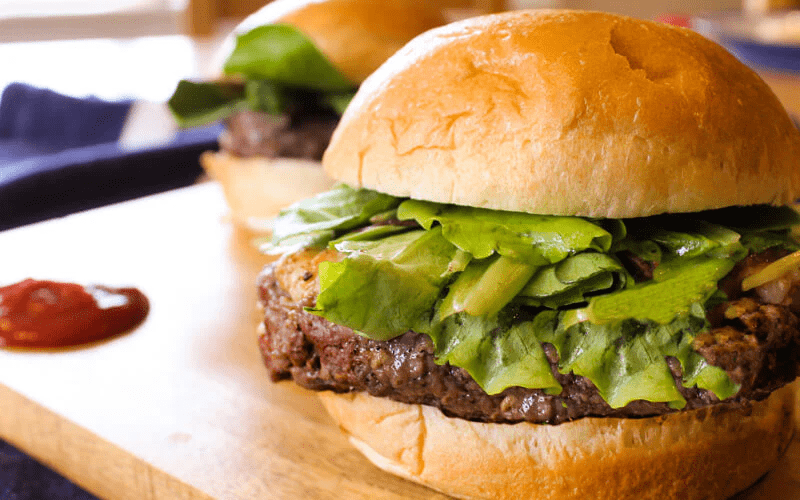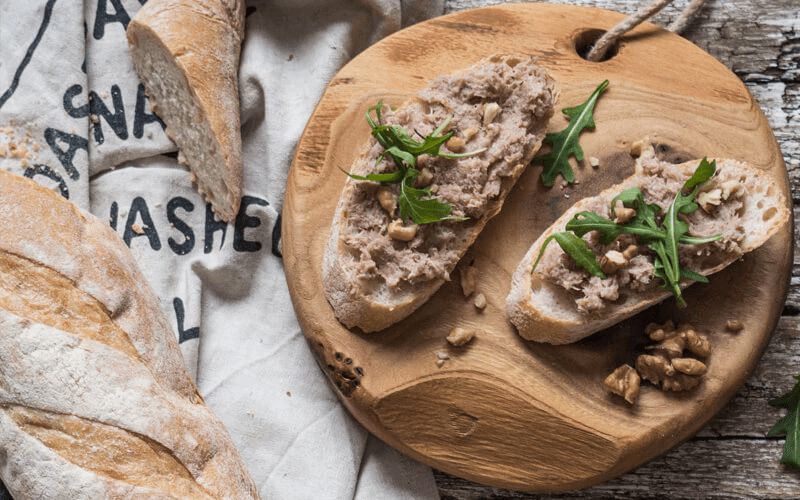The Ultimate Guide to Reducing Waste
The 26th of April marks ‘Stop Food Waste Day 2023’ and to pay homage, we’ve compiled a comprehensive checklist you can follow to help reduce waste in your home.
The Statistics
With one-third of food produced on Earth said to go to waste in one way or another, it’s clear that extra attention needs to be brought to the subject of food management.
Before we get started, here are a couple of food waste statistics to put the severity of this issue into perspective.
The UK alone creates 9.52 million tonnes of food waste per year. To compare, the sheer weight of this food waste is around 950 times heavier than the Eiffel Tower. 70% of this waste is caused by households, with the vast majority still being edible. In fact, the edible food that is thrown away each year in the UK could create 10.5 billion extra meals.
So, it’s never been more crucial to find ways in which we can all reuse food and reduce our personal waste.
Reducing waste is one of our many passions here at Eversfield Organic. You can learn all about the aims of our closed-loop sustainability system. But for now, read on for our top eight tips on how to reduce food waste.
1: Take Inventory
Before you jump on our website or head down to your local farm shop, ensure you’ve had a good rummage through the fridge, cupboards and anywhere else you may have stored your groceries in a rush!
Jot down a list of what you’ve got, this will help decide if you really need to go shopping straight away or if there are ways in which you can make that forgotten food go a little bit further.

Image: Know what you've got in stock.
2: Plan Meals in Advance
Implementing a simple meal plan is a brilliant way to limit food waste. It can also help you save money and eat healthier while you’re at it. It can be easy to associate a meal plan with dishes that are lacking in animation or creativity, however, this doesn’t have to be the case. You can still fit in all your seasonal organic favourites, you’ll just be left with fewer scrap ingredients lying around waiting to add to the food waste problem.
3: Smart Shopping
It goes without saying, but only buy what you need. We love producing and supplying award-winning organic produce for nationwide delivery but we always suggest that you only order what you can consume before its sell-by date comes around.
4: Smart Storage
Simple steps like storing food according to instructions, making use of airtight containers and adhering to the correct temperature zone will ensure you can enjoy it for longer. This is an extra important step eating organic food as it can often have a shorter shelf life due to the absence of artificial chemicals and preservatives.

Image: Pay attention to the storage instructions on your groceries.
A fantastic way to prevent food waste is by using your freezer. Not going to eat that extra packet of bacon in time? Freeze it.
Made one too many portions of soup, curry, or pasta for your weekday lunches? Freeze, freeze, freeze!
Top tip: opt for a regular subscription order from Eversfield Organic and keep that freezer stocked up for a rainy day. What’s more, you’ll save 5% on every single order just by being subscribed.
5: Creative use of Leftovers
It can be tempting to bin that last unwanted helping of a dish. Perhaps you’ve already started planning that next meal with fresh ingredients. Hold your horses, there’s always a way to incorporate those leftovers into your next meal. Repurpose your leftover meat by chopping up, frying and crafting a gourmet sandwich or give those veggies a new lease of life by grilling or blending them into a soup.
Visit our online Recipe Hub for plenty of inspiration as to how you can utilise your leftovers and reduce waste. Don't forget to post your creations and tag us on social media!

6: Compost
If you’ve missed the use-by date for your produce and the good old-fashioned sniff test confirms that you’ve lost your battle to consume every morsel in time, don’t rush to admit defeat just yet.
A whole host of funky foods can be added to your compost heap. Offering a journey back into the soil system for excess organic food is a much kinder alternative than tossing it into the bin.
7: Donate Food
Found some tins or packets that you just know you won’t make use of? Take them down to your local food bank or homeless shelter. This is a great way to show your support for those less fortunate in your community and yet another opportunity to ensure perfectly good food isn’t going to waste.
Use the Trussell Trust's food bank locator to see where your non-perishable foods can be used for the greater good.
8: Go Organic
Does organic food go further than conventional produce? Well, due to the extra intra-muscular omega-3 fatty acids and other nutritional benefits, we've found our organic meat in particular can be spread much further.
So, keep it free-range, organic and natural and you'll find you won't be paying as many trips to the grocery store.
If you follow those eight steps, we can guarantee that you'll see a satisfying decline in your personal food waste and an equally satisfying increase in money saved!




